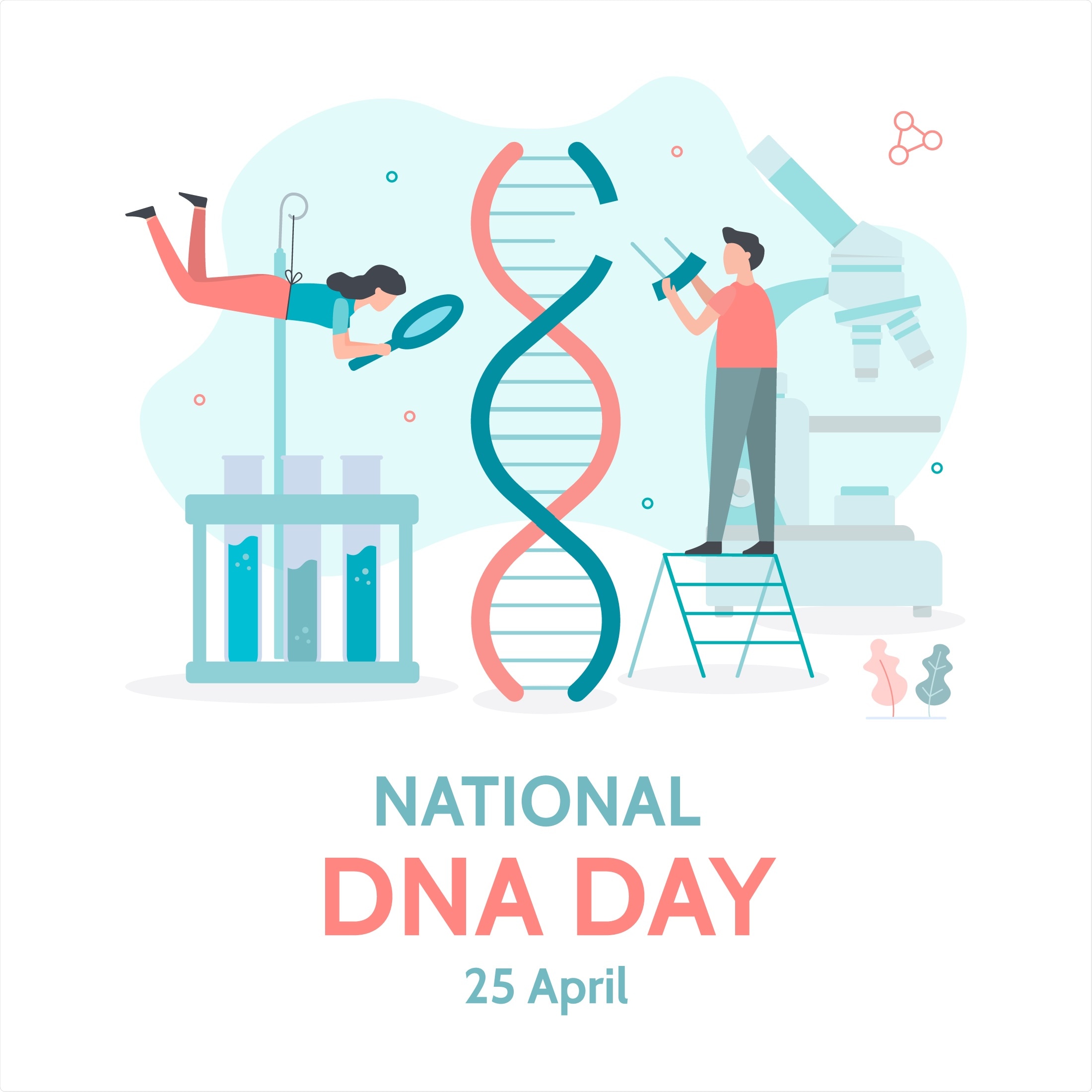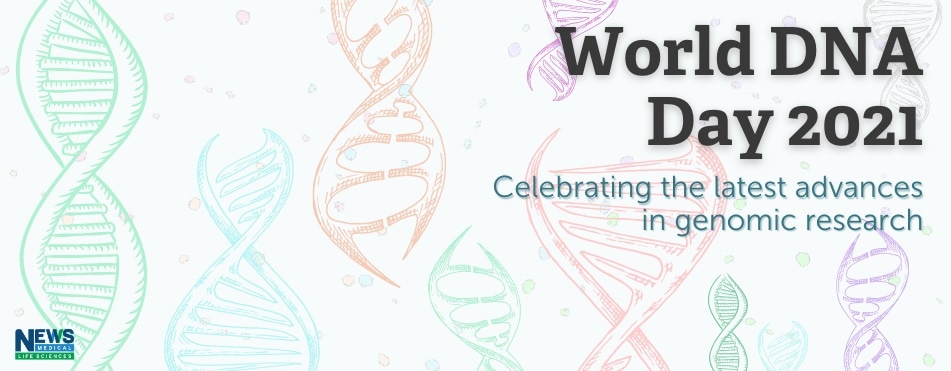To celebrate National DNA Day, AZoLifeSciences speaks to Belen Hurle from the National Human Genome Research Institute (NHGRI) about the importance of DNA in research.
Please could you introduce yourself and tell us about your role within the National Human Genome Research Institute (NHGRI)?
Hello! My name is Belen Hurle and I am an Education Outreach Specialist at NHGRI. I also work as a program coordinator in the NHGRI Intramural Training Office.
National DNA Day (25th April) is celebrated around the world every year. Why was this day created and why is it important to raise awareness and teach the public about the latest research within genomics?
National DNA Day commemorates the successful completion of the Human Genome Project in 2003 and the discovery of DNA's double helix in 1953. NHGRI began celebrating DNA Day annually on April 25th after the 108th Congress passed concurrent resolutions designating it as DNA Day.
The goal of National DNA Day is to offer students, teachers, and the public an opportunity to learn about and celebrate the latest advances in genomic research and explore how those advances might impact their lives.

National DNA Day. Image Credit: Katy Flaty/Shutterstock.com
The NHGRI is leading genomics research at the National Institutes of Health (NIH). Can you describe some of the work you carry out?
I am a community-centered scientist passionate about the socioeconomic empowerment of under-resourced communities, via science, technology, and education.
A favorite aspect of my work is to inject diversity into the genomic research workforce of the future. DNA Day is a perfect way to spark interest in genetics in students.
A large part of your previous research concerned the International Human Genome Project (HGP). Since its completion in 2003, how has this database helped to accelerate biomedical research?
A lot has happened since the launch of the Human Genome Project nearly three decades ago! Far-fetched dreams back in the day are now a commonplace reality. For instance, doctors can use a simple DNA test to tailor certain types of medication to their patients avoiding serious side effects.
Genetic testing helps estimate your chance of developing certain cancers in your lifetime. Pregnant women can learn vital information about the health of their fetus with genetic tests that only require a non-invasive blood draw from the mother as early as 9 weeks into the pregnancy. And the list goes on and on!
Why does DNA play such an integral role within human disease and biomedical research?
In a general sense, DNA is the road map for a better understanding of our health. Unraveling and understanding the DNA information of a person can highlight red flags of diseases that may affect them like diabetes, cancer, heart disease, and others. It can also assist doctors in choosing the most effective and safe treatments for their patients.
The Future of Genomics: 10 Bold Predictions
What do you believe the future of genetics and genomics to look like?
Genetics and genomics advances impact us in almost every aspect of our lives, from agriculture to medicine.
Personally, I am very curious about what we will learn in the coming decade about the interactions between our genome and the environment and lifestyle. I am also interested in the genetic underpinnings of common diseases such as cardiovascular disease and diabetes.

Where can readers find more information?
https://www.genome.gov/dna-day
About the National Human Genome Research Institute
At NHGRI, we believe that advances in genomics research are transforming our understanding of human health and disease. Building on our leadership role in the initial sequencing of the human genome, we collaborate with the scientific and medical communities to enhance genomic technologies that accelerate breakthroughs and improve lives.
At NHGRI, we are empowering and expanding the field of genomics. We are charting one of humankind’s newest frontiers.